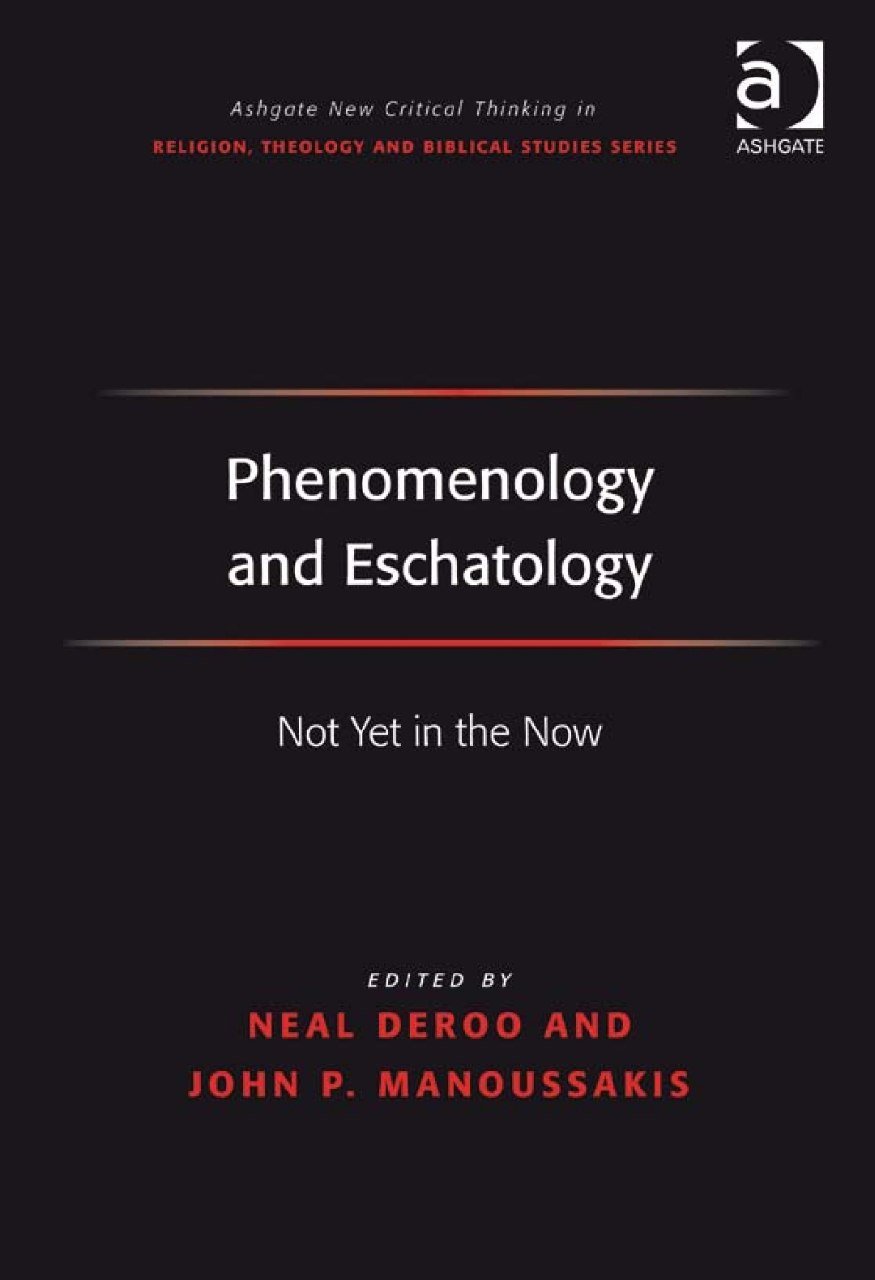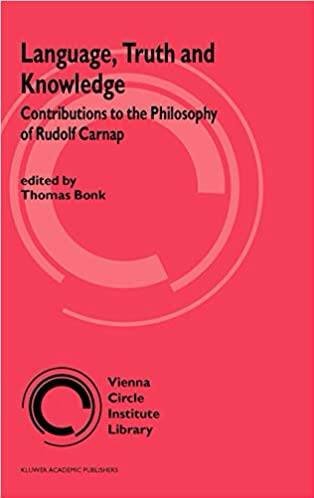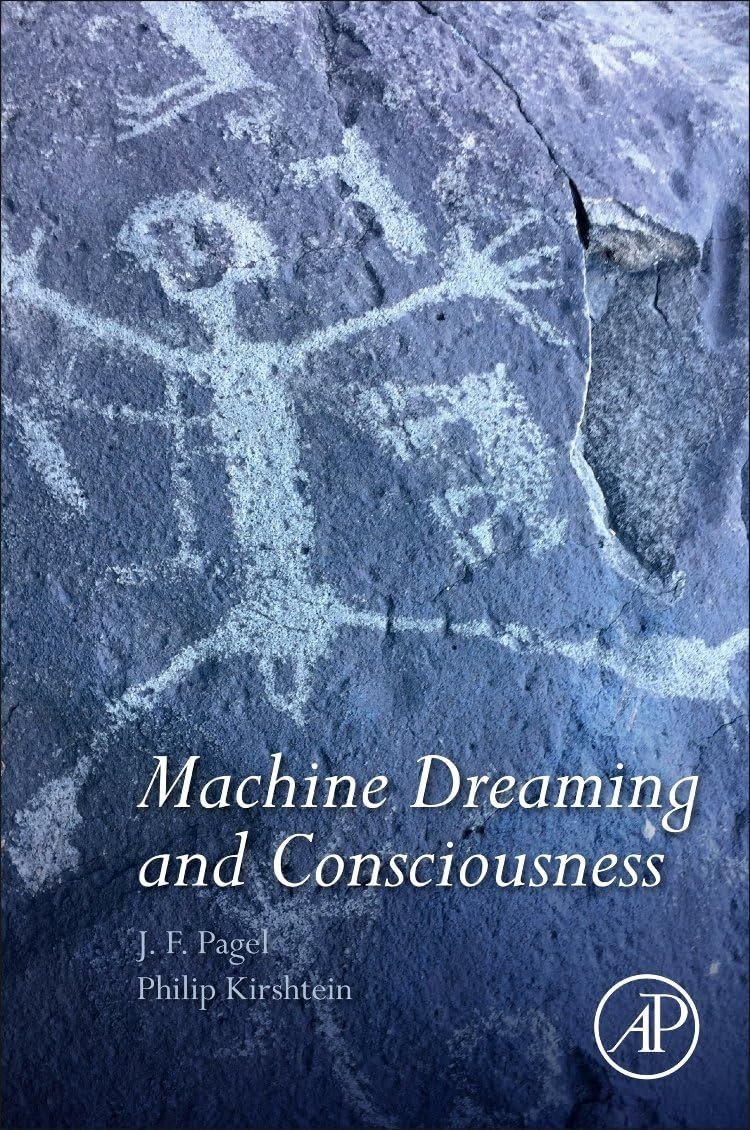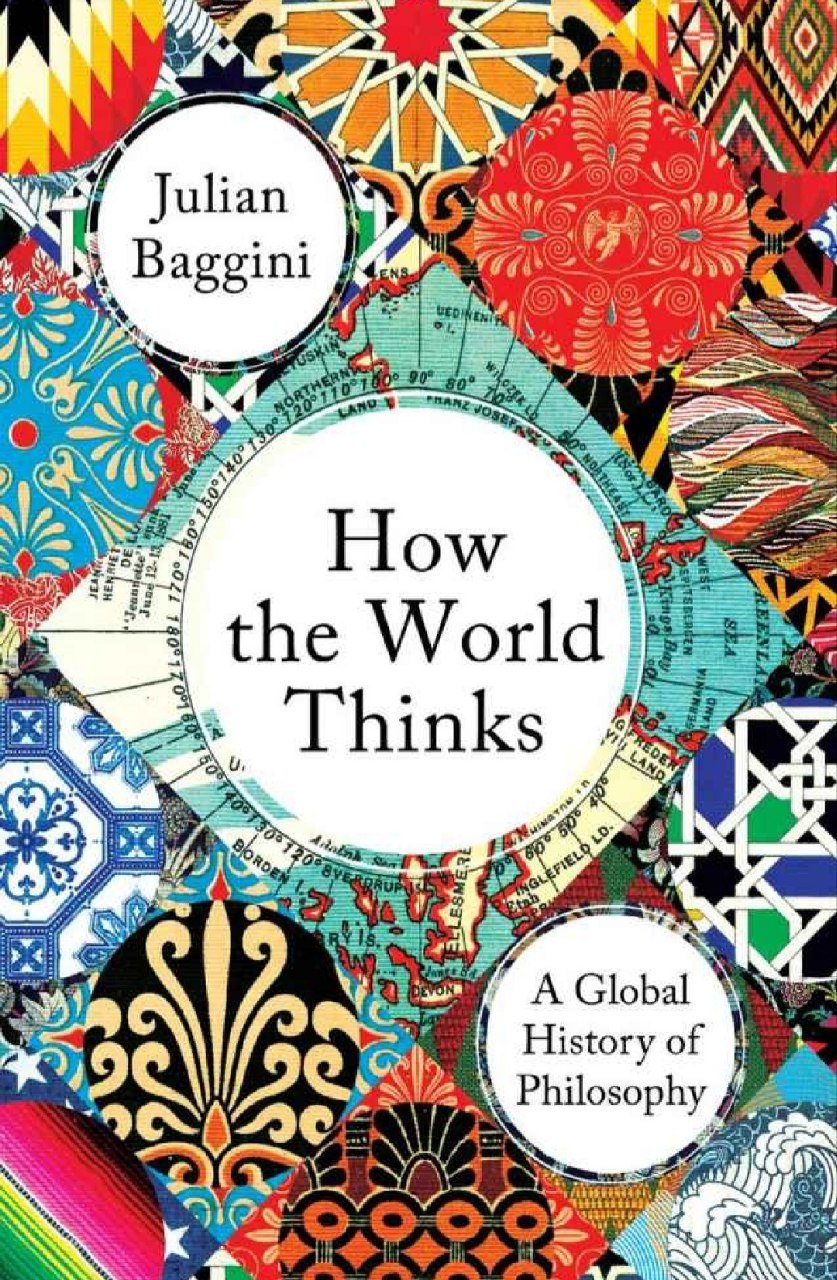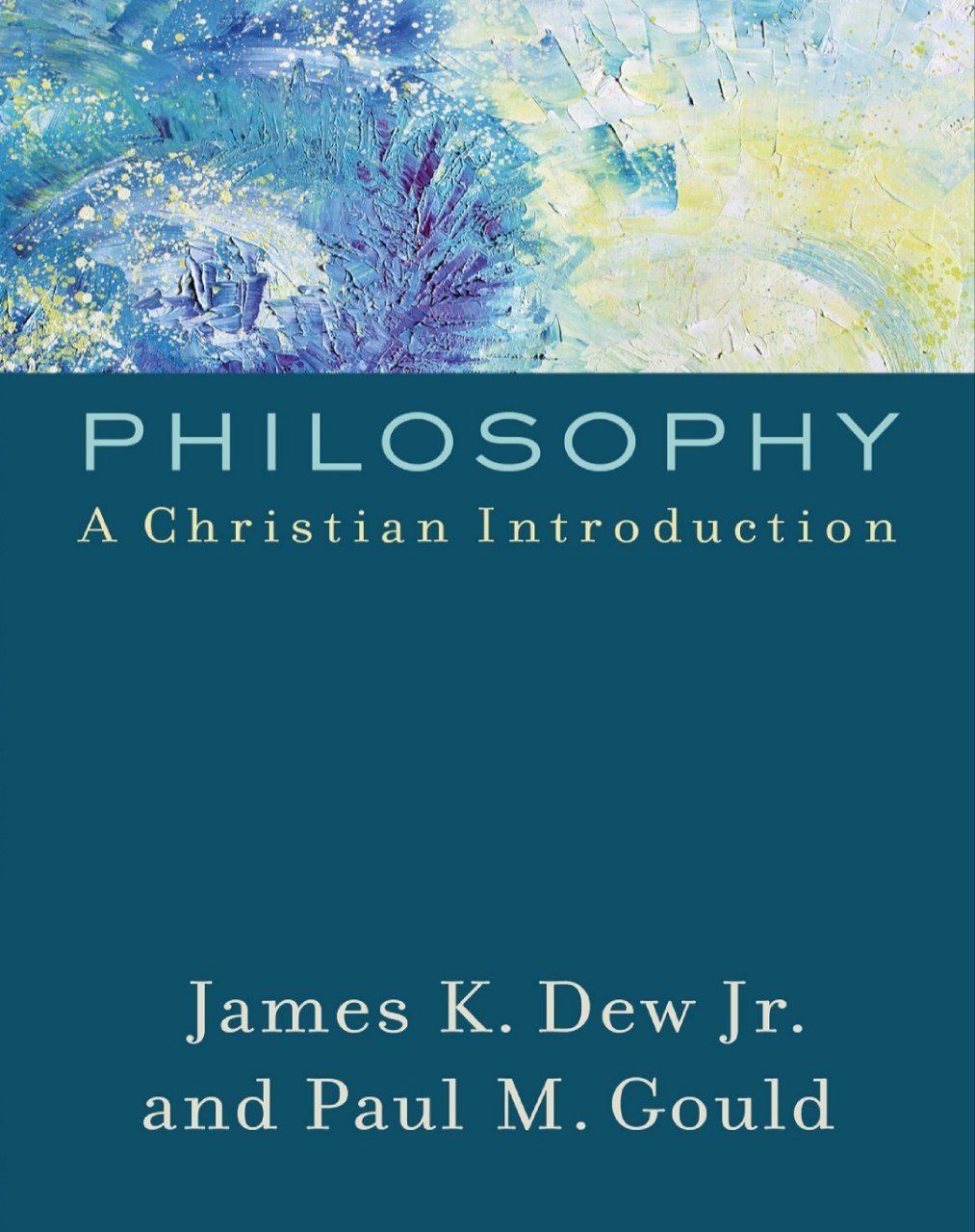
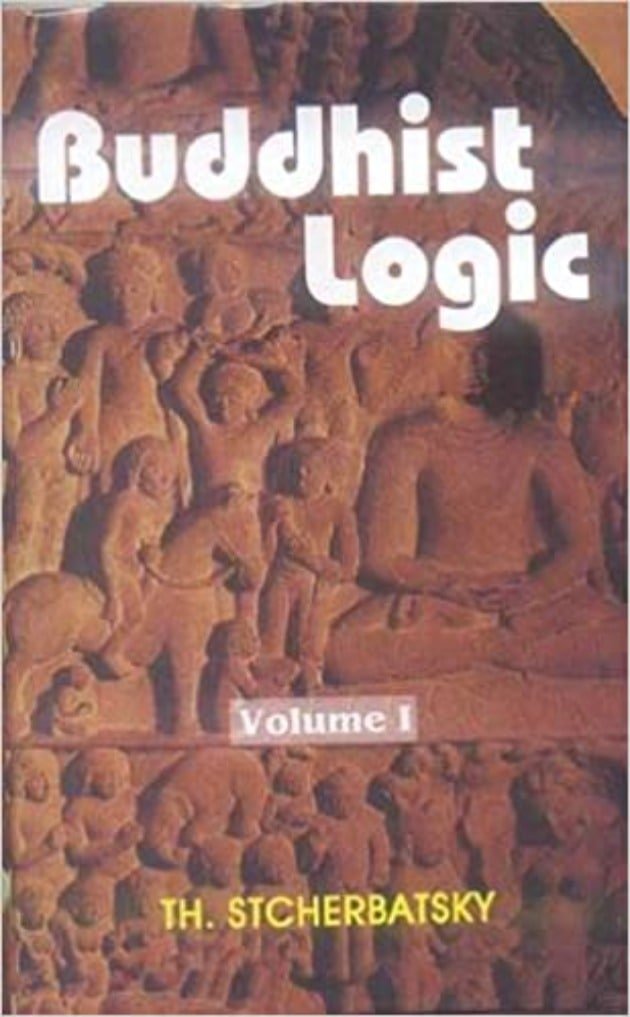
Buddhist Logic by F. Th. Stcherbatsky
Reviews
No review yet. Be the first to review this book!
Description
Buddhist Logic by F. Th. Stcherbatsky is a monumental and scholarly two-volume work that explores the rich and complex tradition of Buddhist epistemology and logic, primarily based on the works of the great Indian philosopher Dharmakirti and his interpreter Dharmottara. Stcherbatsky, one of the pioneering Western scholars of Buddhist philosophy, offers an exhaustive analysis of how Buddhist thinkers developed rigorous systems of reasoning, debate, and validation of knowledge to support their philosophical and spiritual aims. Volume One provides a historical and philosophical overview of the development of Buddhist logical thought, tracing its evolution from early Buddhist schools to the highly sophisticated logical and epistemological systems of later Indian Buddhism. Volume Two focuses on detailed expositions and translations of primary Sanskrit texts, along with critical commentary on their structure, argumentation, and significance. Stcherbatsky examines core concepts such as pramana (means of valid knowledge), pratyaksha (perception), and anumana (inference), showing how these logical tools were used to establish and defend key Buddhist doctrines, including impermanence, non-self, and dependent origination. Buddhist Logic remains a foundational text for understanding the intellectual rigor and philosophical depth of Buddhist traditions, as well as their contributions to the field of logic and epistemology more broadly. It is considered an essential resource for scholars of Buddhist studies, philosophy, and history.




















.jpg)
.jpeg)



.jpg)
.jpeg)



.png)

.jpeg)











.jpg)


.jpg)













.jpeg)










.jpg)



.jpeg)


.jpg)
.jpg)








.jpg)








